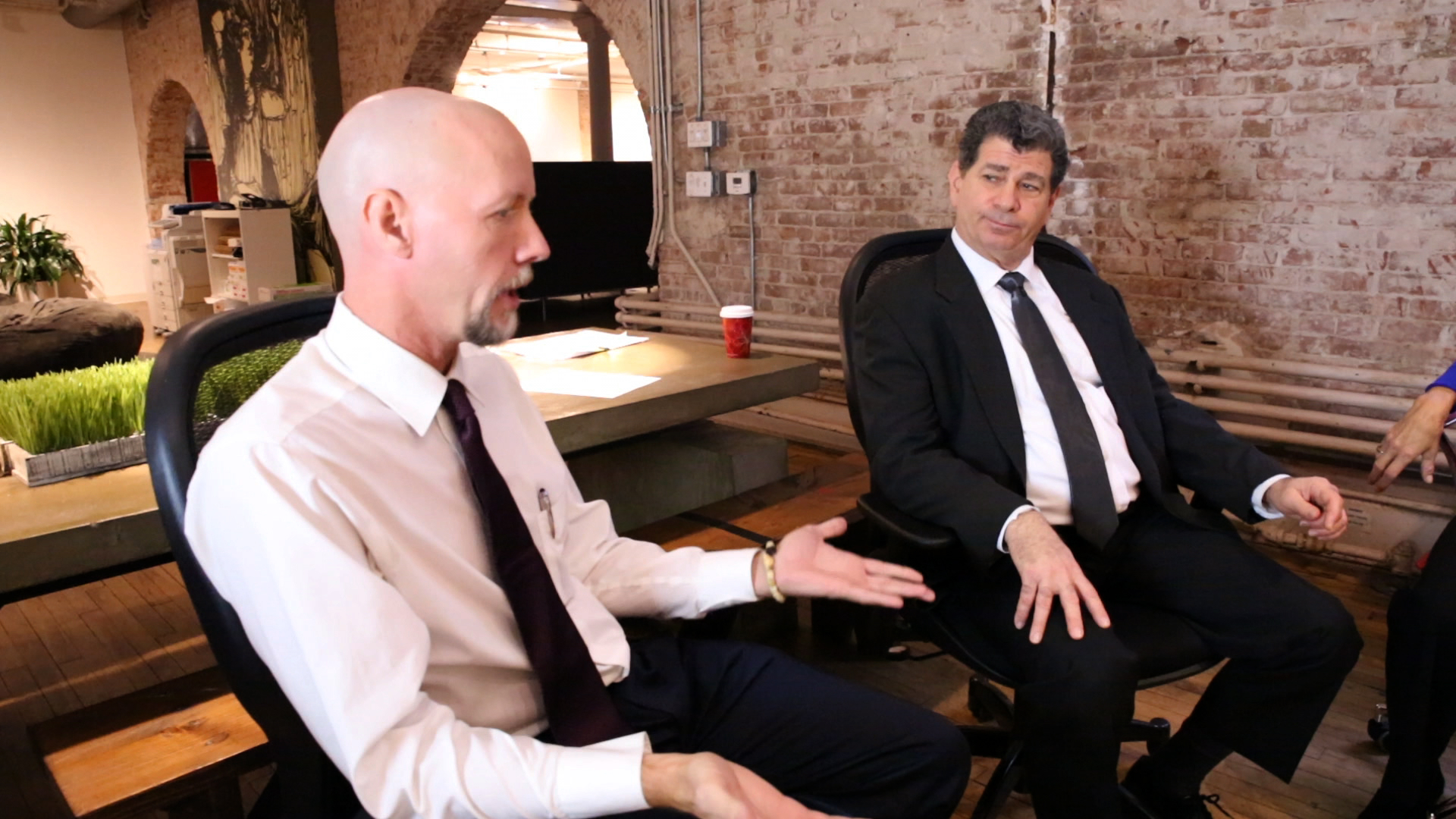Last week I was asked about office etiquette- ‘Is it still ok to say ‘Bless you’ when someone sneezes?’ That same day I saw a story about Starbucks holiday cups- are they LGBTQ friendly? Should they be? (the cup pictures two hands clasped together- same sex?). Later that day I was contacted by a blogger who asked about political correctness and mental health language.
All this makes me think we have become so sensitive that it’s difficult to say anything in the moment. In the example of the office etiquette: Your co-worker sneezes and your reaction is to say, ‘Bless you.’ Better check yourself first- Does ‘bless’ go too far to the religious side? Not sure about my co-worker’s beliefs- better reconsider. This analysis takes a while, so you’ve said nothing. The silence might be offensive. Now you need  to apologize for saying nothing. Oh my. Before you know it, your co-worker’s sneeze- and how you should or shouldn’t respond- has become an obsession and the the focus of your day. WOW. Just say, ‘Bless you.’ If you’re on the receiving end of this and it offends you, SAY THAT. Now it’s out in the open and we can understand each other directly. Best way to find out what’s offensive or not.
to apologize for saying nothing. Oh my. Before you know it, your co-worker’s sneeze- and how you should or shouldn’t respond- has become an obsession and the the focus of your day. WOW. Just say, ‘Bless you.’ If you’re on the receiving end of this and it offends you, SAY THAT. Now it’s out in the open and we can understand each other directly. Best way to find out what’s offensive or not.
Starbucks coffee cups will probably be the subject of much discussion every year, but the question about the clasped hands strikes me as wildly off track. What I mean is, two hands joined together for the holiday season- seems fairly straightforward and inoffensive. The idea that two people- whoever they are- unite physically and emotionally (there’s a heart underneath) feels pretty universal. Do we really need to find something objectionable?
The political correctness in the mental health field is a subject of much discussion and it feels like things change rapidly and often with no reason given. When I was in social work school (getting my MSW) I led a group called MICA (mentally ill chemical abusers). The year before the group was called Double Trouble. No explanation was offered for the name change and members seemed confused (Is this the double trouble group?). Recently I referred to my MICA group in a paper I wrote and the editor found the label ‘harsh’ changing to ‘persons with mental illness’ not ‘mentally ill.’ All this makes me wonder who is really offended? My group members had no problem with Double Trouble, MICA, using the words ‘mentally ill.’ So why make these changes?
Language is important, yes. Words, phrases and labels we use need to be evaluated and they change over time. No problem with that. The problem comes when we over analyze before we speak- second guessing our immediate reactions. This negates our instincts, our gut reactions- stops us from responding straight from the heart and showing who we are. Take the risk and share your authentic self. JUST SAY IT.
 Well, like everything else in the workplace and in life- for that matter, there needs to be a clear purpose. Everyone should be on the same page when it comes to WHY we are venting. What’s the end result we want to achieve? It might be to relieve stress, improve connection to co-workers (knowing others feel the same), improve ability to cope with difficulties, or maybe effect change within the team or organization.
Well, like everything else in the workplace and in life- for that matter, there needs to be a clear purpose. Everyone should be on the same page when it comes to WHY we are venting. What’s the end result we want to achieve? It might be to relieve stress, improve connection to co-workers (knowing others feel the same), improve ability to cope with difficulties, or maybe effect change within the team or organization.

 Passive Aggressive Behavior in the Workplace
Passive Aggressive Behavior in the Workplace
 “Some people just can’t say NO,” my friend said. He was talking about a potential client who strung him along for weeks with requests for proposals and information, but made no commitment. Why couldn’t the client just say “NO, I’m not interested”? Saying NO can be uncomfortable and many of us avoid it.
“Some people just can’t say NO,” my friend said. He was talking about a potential client who strung him along for weeks with requests for proposals and information, but made no commitment. Why couldn’t the client just say “NO, I’m not interested”? Saying NO can be uncomfortable and many of us avoid it.